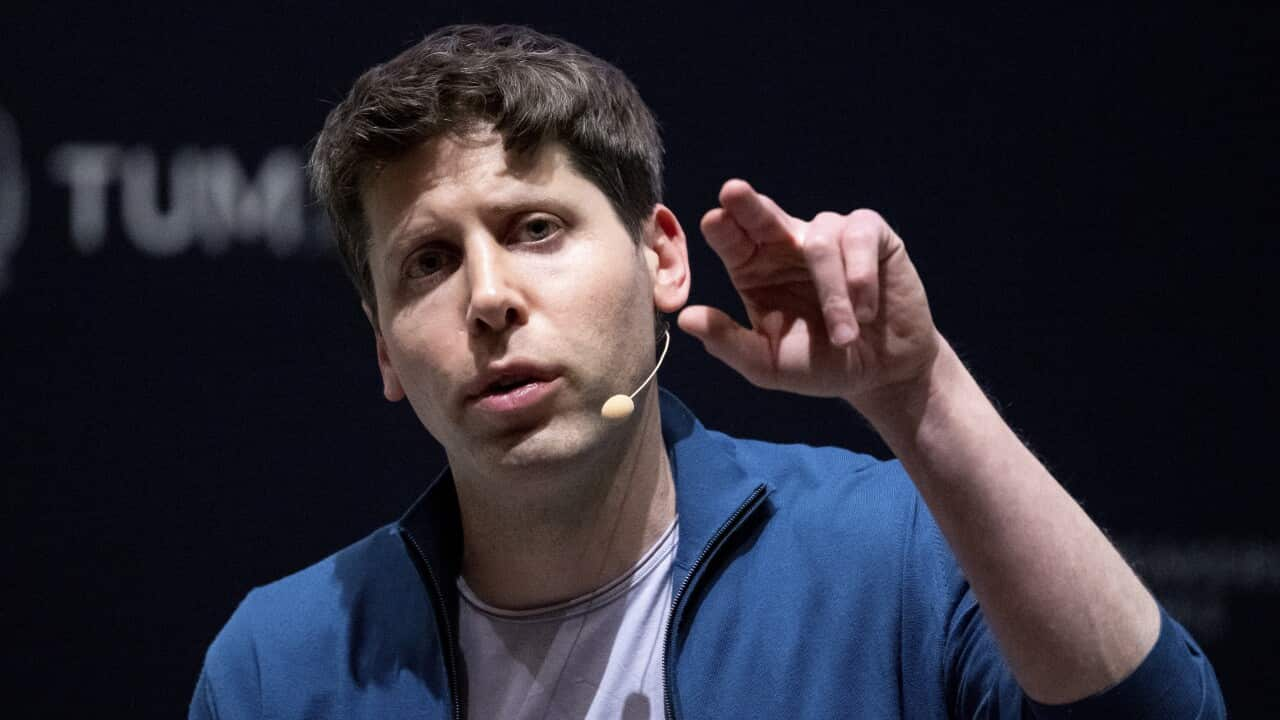Recent developments have sparked fears the technology could lead to issues with machines thinking for themselves.
- Top executives have urged policymakers to equate AI risks with those posed by pandemics and nuclear war.
- Recent developments have sparked fears the technology could lead to issues with "smart machines" thinking for themselves.
- The United States and the European Union are expected to discuss risks with industry leaders.
Top artificial intelligence executives including OpenAI CEO Sam Altman have joined experts and professors in raising the "risk of extinction from AI," which they urged policymakers to equate with risks posed by pandemics and nuclear war.
"Mitigating the risk of extinction from AI should be a global priority alongside other societal-scale risks such as pandemics and nuclear war," more than 350 signatories wrote in a letter published by the nonprofit Centre for AI Safety (CAIS).
As well as Mr Altman, they included the CEOs of AI firms DeepMind and Anthropic as well as executives from Microsoft and Google.
Also among them were Geoffrey Hinton and Yoshua Bengio - two of the three so-called 'godfathers of AI' who received the 2018 Turing Award for their work on deep learning - and professors from institutions ranging from Harvard to China's Tsinghua University.
A statement from CAIS singled out Meta, where the third godfather of AI, Yann LeCun, works, for not signing the letter.
"We asked many Meta employees to sign," CAIS director Dan Hendrycks said.
Meta did not immediately respond to requests for comment.
The letter coincided with the United States-European Union Trade and Technology Council meeting in Sweden where politicians are expected to discuss regulating AI.
Elon Musk and a group of AI experts and industry executives were the first ones to cite potential risks to society in April.
"We've extended an invitation (to Mr Musk), and hopefully he'll sign it this week," Mr Hendrycks said.
Recent developments in AI have created tools supporters say can be used in applications from medical diagnostics to writing legal briefs but this has sparked fears the technology could lead to privacy violations, power misinformation campaigns and lead to issues with "smart machines" thinking for themselves.
The warning comes two months after the nonprofit Future of Life Institute (FLI) issued a similar open letter, signed by Mr Musk and hundreds more, demanding an urgent pause in advanced AI research citing risks to humanity.
"Our letter mainstreamed pausing, this mainstreams extinction," said FLI president Max Tegmark, who also signed the more recent letter.
"Now a constructive open conversation can finally start."
AI pioneer Mr Hinton earlier told Reuters that AI could pose a "more urgent" threat to humanity than climate change.
Last week Mr Altman, OpenAI's CEO, referred to EU AI - the first effort to create a regulation for AI - as over-regulation and threatened to leave Europe.
He reversed his stance within days after criticism from politicians.
Mr Altman has become the face of AI after his ChatGPT chatbot stormed the world.
European Commission President Ursula von der Leyen will meet Mr Altman on Thursday and EU industry chief Thierry Breton will meet him in San Francisco next month.












